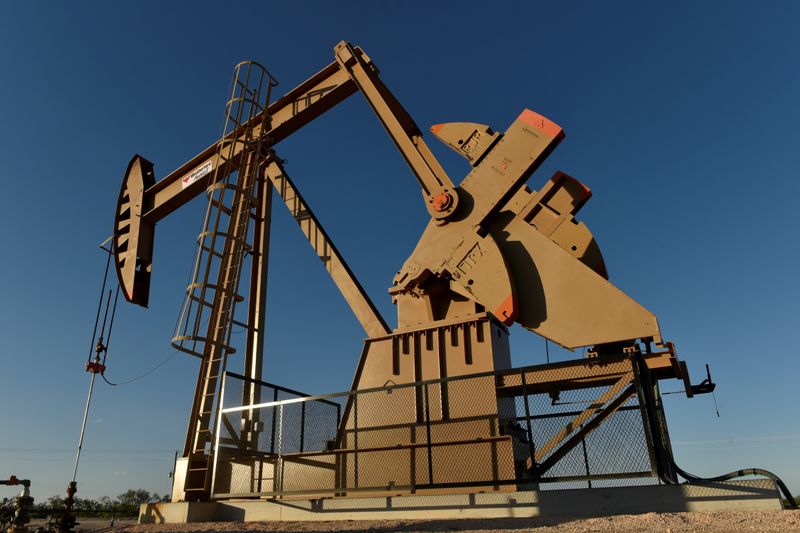By Noah Browning and Olga Yagova
LONDON/MOSCOW (Reuters) - After weeks of rising, prices of physical oil have begun to ease, traders and analysts say, as the rally succumbs to the reality of poor refinery margins and brimming storage tanks.
Refinery runs in Europe and China have been cut to allow time to sell off supplies of refined products before processing stored crude which is also stored in abundance, making the purchase of new oil shipments less attractive.
Meanwhile, refining profits for products have improved slightly but are still near their depths during the worst of the pandemic, as the world faces an uncertain recovery.
"Margins are not at the bottoms but they're very bad - that's not going to help demand. We see these potential spikes in COVID-19, which are also not going to help matters," one oil trader said. "The market was overdone and is going to need to retrace to reflect the realities now."
The price slowdown is visible globally: offers for heavier Angolan Dalia crude and Congolese Djeno are down at least a $1 from just a week earlier to around a $1 above dated Brent.
Spot discounts for Abu Dhabi's light sour Murban grade have widened nearly a dollar compared to their official selling price in just a few days.
Mediterranean crudes have also come off peaks: offers for CPC Blend have fallen by almost a dollar and Azeri crude is selling for a dollar less than earlier in June.
(Graphic: Physical oil differentials, https://fingfx.thomsonreuters.com/gfx/mkt/oakpeagxgpr/levelling.png)
"We haven't bought anything in the last several weeks as everything is so expensive. CPC is still the most affordable, but still 20-30 cents away from profitability," a refiner said.
"Many Mediterranean refiners have cut runs, so hopefully weaker demand may push differentials down."
In the United States, shale producers are now bringing back about a quarter of the volumes they shut as prices have improved, weighing on physical prices in the Permian
Much of the uptick in demand for physical crude deliveries came from China, but market sources say independent refiners there have shied away from the higher prices, cutting runs as they await new quotas from the government for crude imports.

(Graphic: Global Refining, https://fingfx.thomsonreuters.com/gfx/mkt/azgvorwjqpd/iearefining.png)